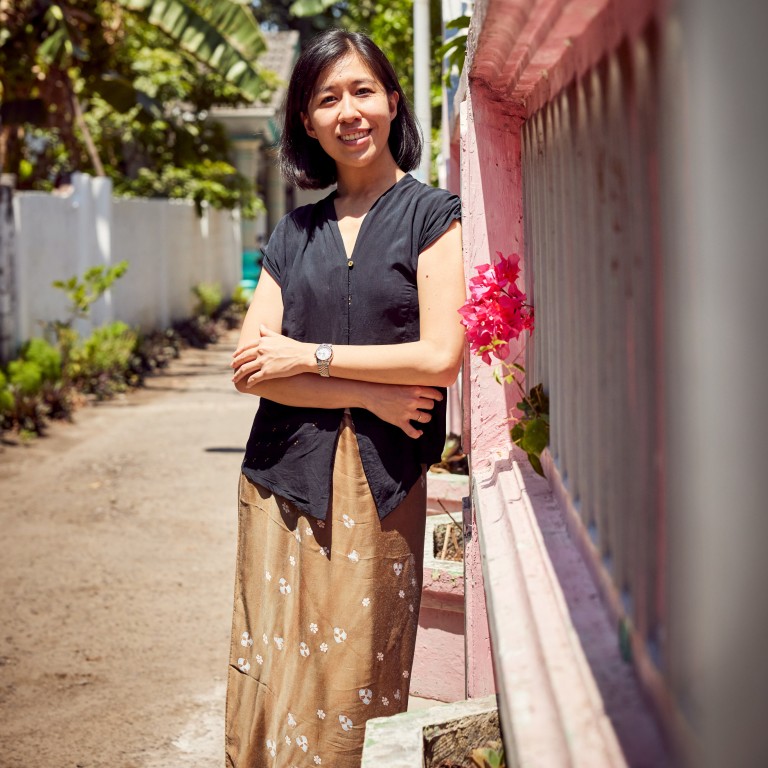Meet Indonesia’s Rolex Awards for Enterprise laureate: how Denica Riadini-Flesch, ex-World Bank economist and founder of the SukkhaCitta sustainable clothing label, is ensuring a better deal for women

- Riadini-Flesch started SukkhaCitta to ensure a fair wage for women making cheap clothes in rural Indonesia, and pays them 60 per cent more than the average
- The label practises sustainable, clean production methods and regenerative farming for the cotton it uses, while providing education to the women it employs and their families
When Denica Riadini-Flesch set up her social enterprise SukkhaCitta in 2016, her ambitions were modest.
“I didn’t start SukkhaCitta because I wanted to change the world,” she says. “I saw a problem and I wanted to be part of the solution.”

Hailing from the city, Riadini-Flesch hadn’t thought about how her clothes were made until she visited villages as part of her work as an economist for the World Bank.
“The problem is that the women who make our clothes are invisible,” she says. “Their lives are impacted by our choices and also their environment,” in which family responsibilities often prevent them from achieving financial autonomy. “It broke my heart: all these women who, just because of where they were born, don’t have a chance in life.”
Thanks to SukkhaCitta’s efforts, she adds, “There’s a lot of new-found pride. They don’t need our help – they need someone to believe in them.”
